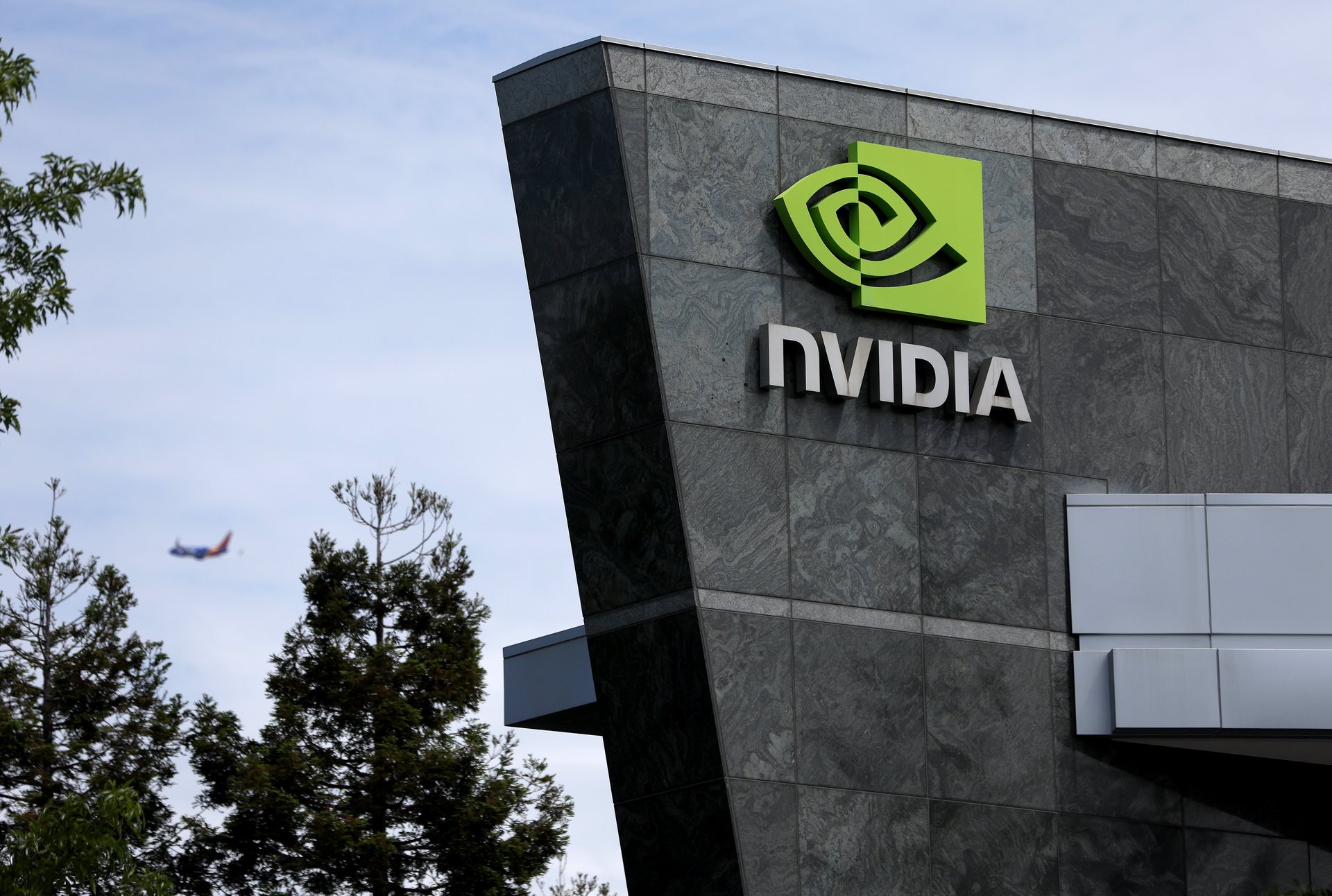Nvidia's lawyer says IP law probably won't apply to AI models
A top lawyer for the chipmaker said it's going to be hard to determine the human and machine contributions to creations generated by AI models

As the world’s most significant chipmaker faces a lawsuit over allegedly training its AI model on copyrighted work, Nvidia’s deputy general counsel said at the chipmaker’s AI tech conference he doesn’t see intellectual property law being extended to generative AI model creations.
Suggested Reading
At a conference session focused on the technology’s ethical challenges today (Mar. 18), Nvidia’s Iain Cunningham noted that the U.S. Copyright Office has already determined content generated by AI models can’t be copyrighted.
Related Content
“Intellectual property law exists to protect human intellectual effort,” Cunningham said in the session. “That is how it has always been formulated. I think that that’s probably not going to change, in my view, and the impact of that is going to be that it’s going to be harder to figure out what is the human intellectual contribution to a particular creation, and what is the machine contribution.”
Robots can’t ‘own [intellectual] property’
Cunningham said he doesn’t believe intellectual property law will be extended to AI models because “it’s not the traditional human intellectual effort,” and that it “doesn’t make sense” for AI models to “own property.”
“More fundamentally, the whole regime of intellectual property exists as an incentive for people to create things, and you don’t necessarily need to incentivize machines to create things,” Cunningham said. “And so I don’t see intellectual property being extended to cover machine creations.”
But Cunningham said he sees “an increasingly difficult time” for courts and other decision-makers when it comes to determining what parts of an AI-generated creation can be protected under intellectual property law, and what AI-generated parts will not be protected. Now Cunningham said users are inputting their own sketches into AI models, which can make the matter even more difficult.
“But on the flip side of that, I also think it’s going to be a lot easier to create things,” Cunningham said. “[T]he idea that you need to go take someone else’s creation to appropriate it for your own use... there’s less of an incentive to do that when you can go create something easily yourself, too.”
Nvidia’s copyright woes
Earlier this month, Nvidia was sued by authors in a class action lawsuit in California for allegedly training its AI on their copyrighted work. The authors alleged their books were part of a dataset made up of nearly 197,000 books used to build Nvidia’s NeMo AI platform. Part of the book collection NeMo was trained on included a dataset of unlicensed copyrighted books from what’s known as a shadow library, which hosts and distributes unlicensed copyrighted material.
In October, the dataset was listed as defunct due to supposed copyright infringement. The authors are seeking unspecified damages for authors in the U.S. whose copyrighted books were used to train NeMo within the last three years.